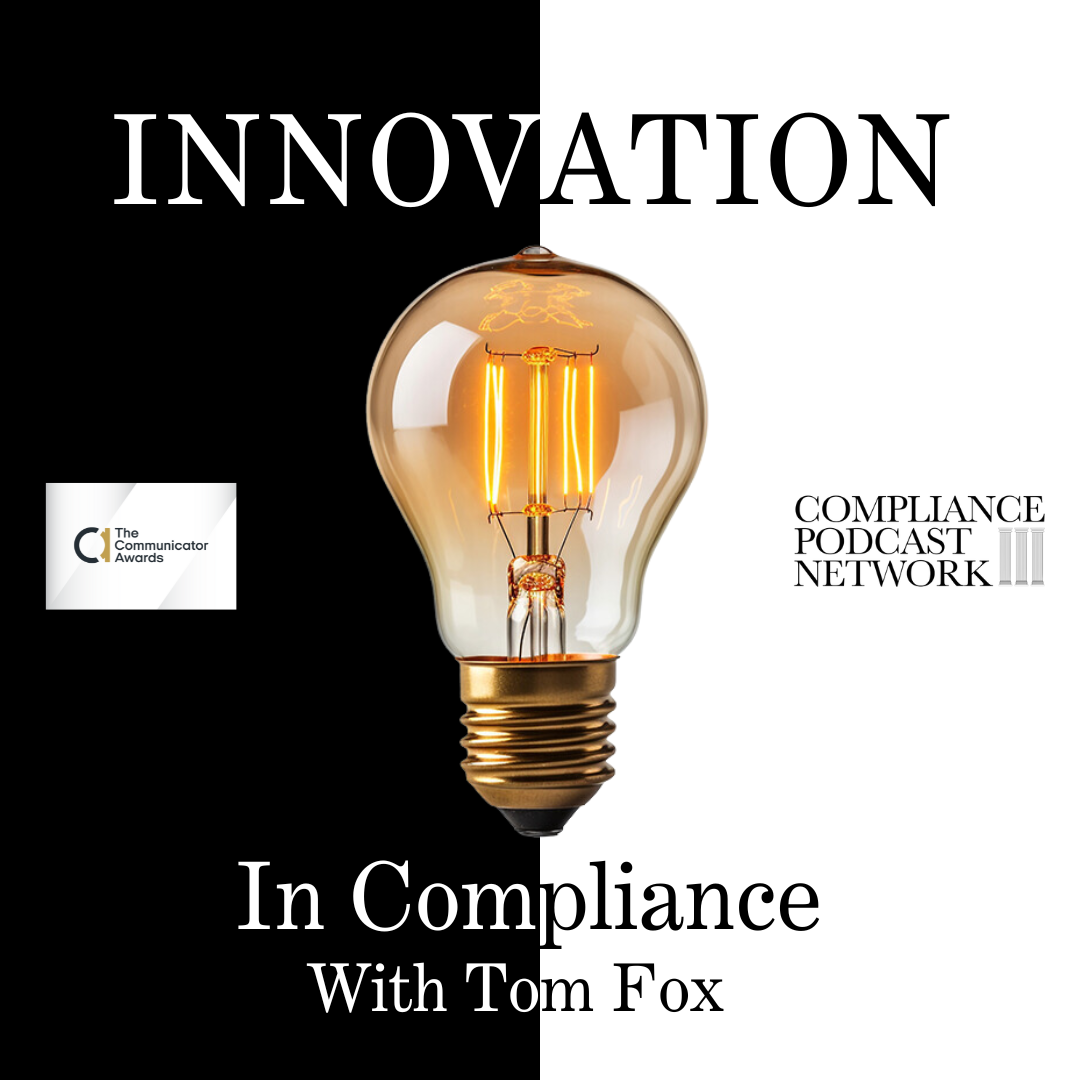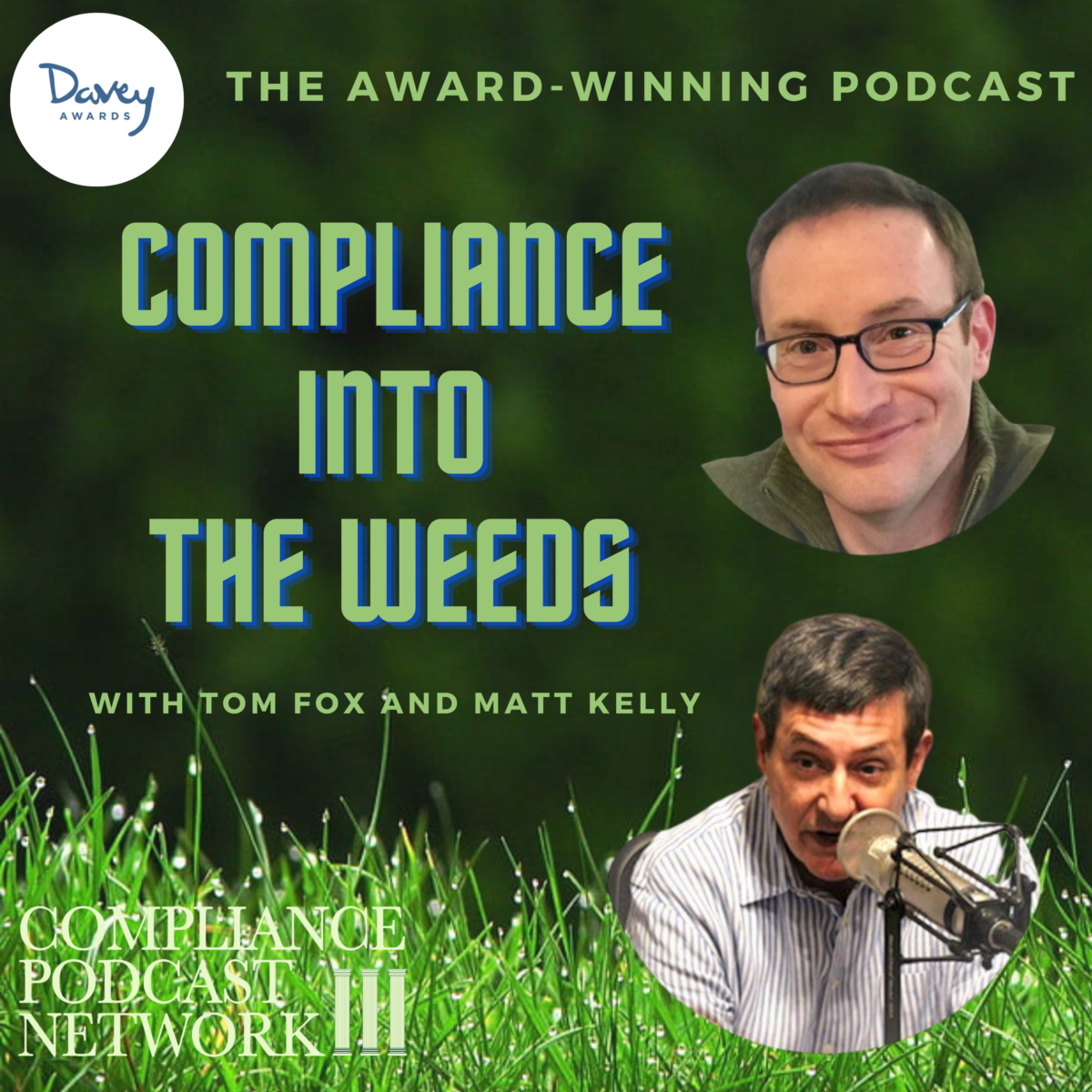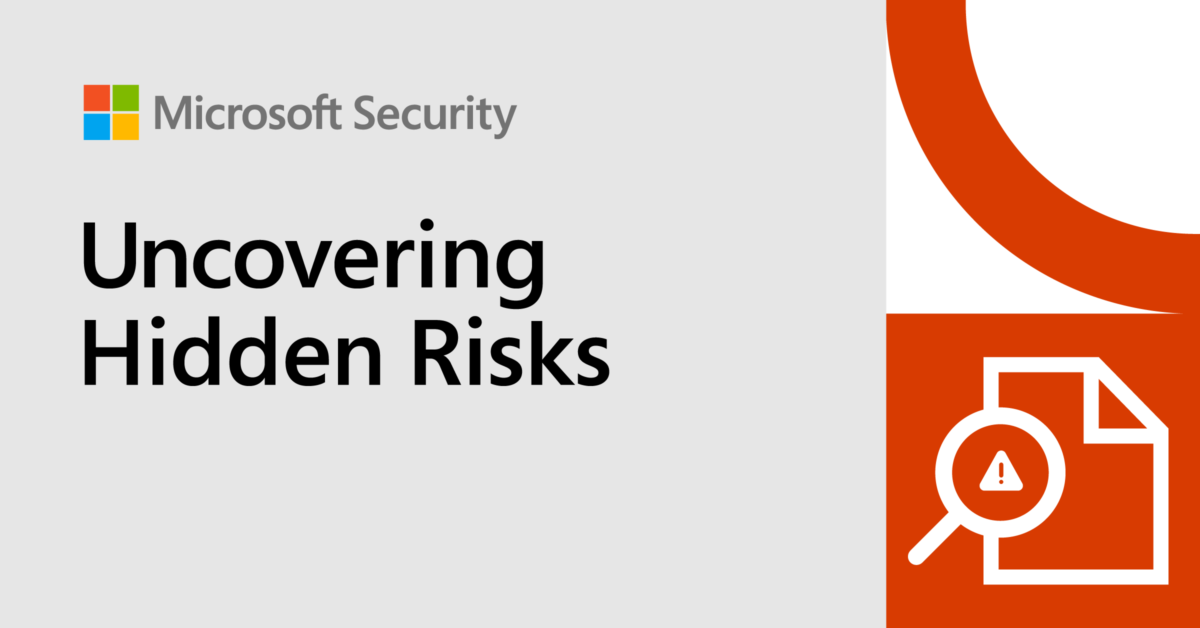There is not much I enjoy more than sitting down with one of the innovative thinkers in compliance, Carsten Tams, to find out what he is thinking about compliance. I recently had the opportunity to make Ethics and Compliance (E&C) training memorable. We explored this topic over a five-part podcast series on the Innovation in Compliance podcast on the award-winning Compliance Podcast Network.
I will explore these topics in the blog format over the next five blog posts. I will introduce the problem and challenges and then provide you with four proven strategies for success in your compliance training. I will take a deep dive into why traditional E&C training often fails to engage employees and lacks impact on their behavior despite significant investments. In Part 3, we discuss the concept of experiential learning and how compliance professionals can use its tactics and strategies to make their compliance training more engaging and effective.
We began with the basics of the theory and practical aspects of experiential learning. Tams started with a metaphor, “Imagine learning how a motorcycle engine works. One way is to read the manual, study the technical drawings, and understand it theoretically. Alternatively, you could disassemble the engine, experiencing the resistance of the nuts and bolts, and then reassemble it. This hands-on approach exemplifies experiential learning.” It is not simply about receiving information but actively generating knowledge through problem-solving, building, and experimenting. This method leads to a deeper understanding of issues, better retention of information, and improved ability to apply learned concepts to new situations.
We then explored how compliance professionals utilize experiential learning and what it looks like in the ethics and compliance world. In organizational ethics, experiential learning can be implemented in various ways. One effective method is to create lifelike scenarios for small groups to solve. Tams noted, “Consider a scenario where an employee overhears a discussion about hiring a new colleague, focusing on inappropriate criteria such as gender or ethnic background. The group’s task is to develop a strategy to address this ethically.”
Participants should consider the ethical commitments at stake, brainstorm possible actions, and identify available resources and support within the organization. This approach helps understand ethical behavior and engages learners in practical problem-solving, making the training more impactful.
The user experience is crucial. Experiential learning engages participants profoundly, making the training more memorable and effective. Historically, the concept of experiential learning is ancient. Tams pointed to Aristotle, who emphasized learning by doing, particularly in ethics, stating that people become just by performing just acts. Confucius also highlighted the importance of experiential learning. In the 20th century, educational theorists like John Dewey, David Kolb, and Maria Montessori further developed these ideas, emphasizing the role of hands-on experiences in learning. Modern cognitive science supports this, showing that cognition is closely linked to action and sensory experiences.
One important concern is addressing regulatory concerns should the DOJ or SEC ever require compliance training as laid out in the 2023 Evaluation of Corporate Compliance Programs. Tams believes a “blended approach can address it. While experiential learning offers deeper engagement, foundational online training can provide basic information and ensure documentation. Combining both methods allows organizations to meet regulatory requirements while enhancing the overall training effectiveness.”
For large organizations, scaling experiential learning is possible through a train-the-facilitator model. Ethics ambassadors or compliance champions can be trained to conduct these sessions locally, ensuring broader reach without compromising on the quality of the training experience.
We concluded with some practical steps to implement experiential learning. They include:
- Start Small: Integrate experiential learning into existing meetings or training sessions. Use lifelike scenarios to engage participants in problem-solving exercises.
- Train Facilitators: Develop a train-the-facilitator program to equip ethics ambassadors or HR partners with the skills to conduct experiential learning sessions across various locations.
- Blend with Traditional Methods: Combine experiential learning with foundational virtual training to ensure comprehensive coverage of compliance topics and allow for documentation.
- Leverage Technology: Utilize digital platforms to create interactive simulations and role-playing exercises that can reach a broader audience within the organization.
- Measure Impact: Use feedback and assessment tools to evaluate the effectiveness of experiential learning activities and make necessary adjustments to improve outcomes.
Experiential learning represents a transformative approach to compliance and ethics training. Engaging learners in hands-on, real-world problem-solving fosters a more profound understanding and better retention of ethical principles. While it may require additional effort to document and scale, the benefits of creating more meaningful and impactful learning experiences are well worth it. Integrating experiential learning with traditional training methods can help compliance professionals build a more robust and effective ethics training program as we move forward.
By taking these steps, compliance professionals can harness the power of experiential learning to enhance their training programs and foster a culture of ethical behavior within their organizations.
Join us in our next blog post, in which we consider the social aspects of learning for your compliance training regime.








